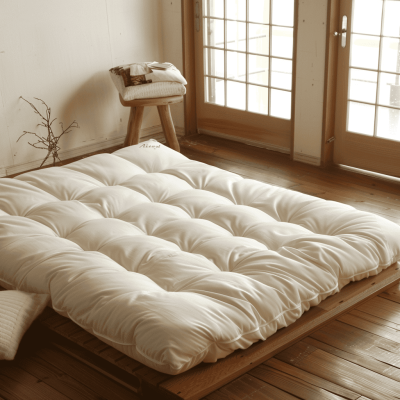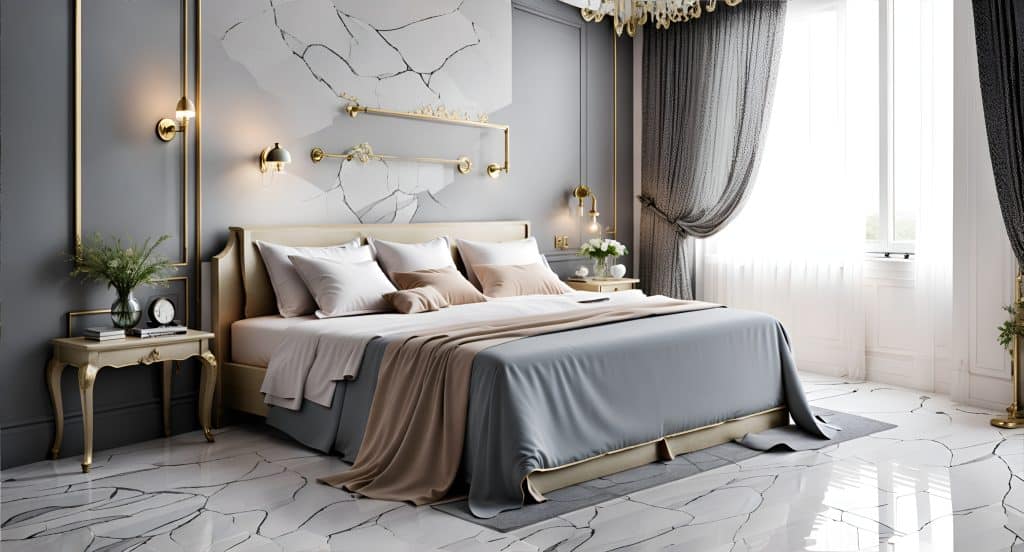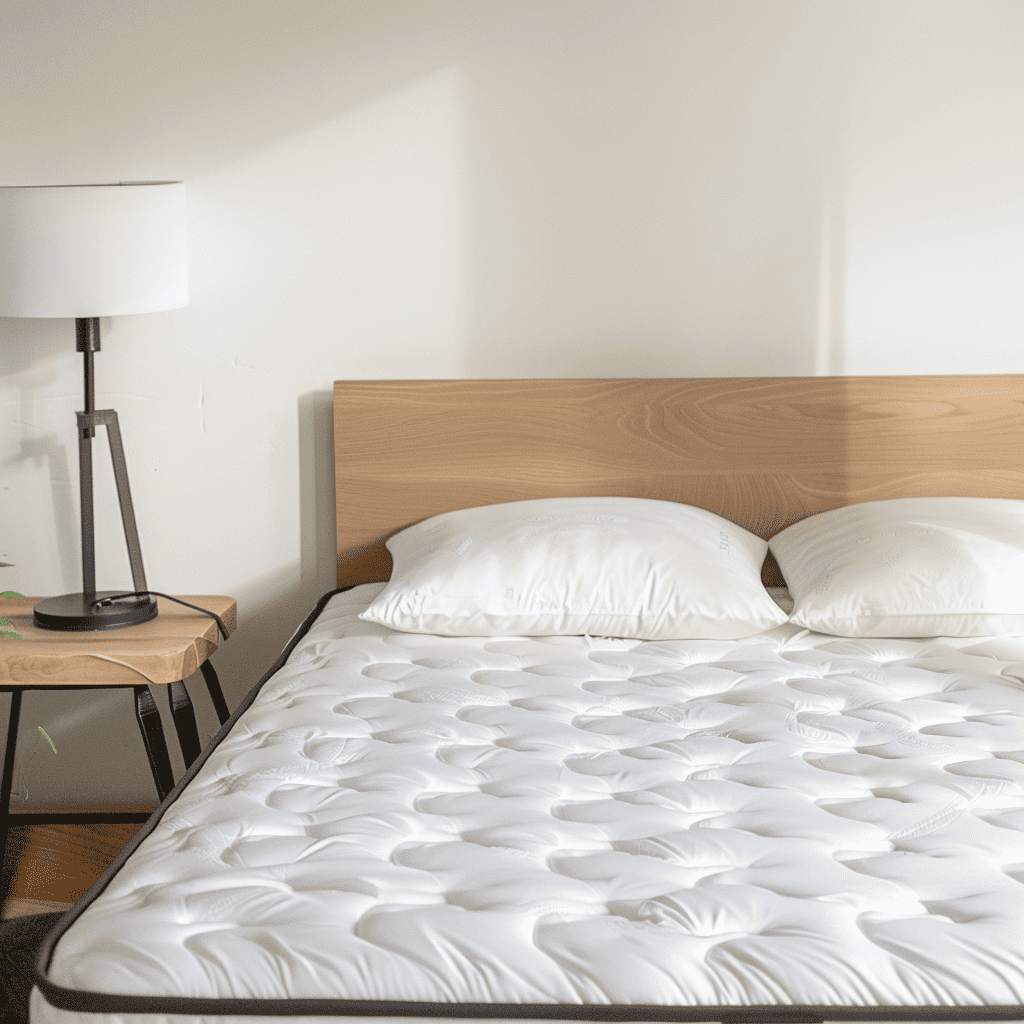If you’ve never experienced the lavish, back-supporting comfort of a conventional Japanese futon, reading this might make you want to test one out.
Our Recommendation 🇺🇸

FULI Japanese Futon Mattress
Japanese-style futons are the most sought-after beds from Japan. These soft, flexible mattresses, traditionally laid on tatami mats, offer a balanced combination of airiness and firmness. Their three-layered design ensures even weight distribution, making them ideal for those with back discomfort.
Guidelines for Buying a Futon Mattress
There are numerous factors to consider when purchasing a futon mattress, such as its construction, thickness, and cost. Your goal should be to find the perfect mattress for your needs. Let’s consider some essential points to remember while shopping for a futon mattress.
Price Range
While you may come across rock-bottom deals on futon mattresses (we’ve spotted some for just $19), it’s advisable to target the mid-price range. The majority of futon mattresses that offer excellent back support we discovered fall between $90 and $250. Be a savvy buyer, but DON’T sacrifice comfort for an ultra-low price tag. Your back will appreciate your decision to invest in a high-quality product.
Futon Mattress Thickness
Your ideal mattress should be no less than 4 inches in thickness. This thickness includes the core (if there is one), the stuffing, and the cover. With memory foam futon mattresses, you might be able to get away with a slightly thinner one. If you’re opting for only poly batting, a thicker option would be best.
The Aesthetics of Your Futon Mattress
While looks aren’t everything, if you’re planning to place your mattress on a separate futon frame, you should select a mattress or mattress cover that is visually pleasing. Many of the options mentioned above come with beautiful covers available in a range of colors and designs.
Portability and Storage
If you intend to move your futon frequently (for example, between home and college or on vacations), ensure that you select a mattress that can be easily folded or rolled up. In such cases, thinner futon mattresses may be more suitable. This is also true for futons without a solid core, like memory foam. However, some futon mattresses with a core are designed to be rolled up easily. Make sure to confirm this before placing an order.
Conclusion
Japanese futons have been in use for centuries due to their sophistication, convenience, and superior comfort, whether for sitting or sleeping. A well-made futon mattress can help reduce back, shoulder, or hip discomfort. Ensure you buy a mattress that comes with a return policy since individual body types and preferences can vary. Customers often say that once you’ve experienced a top-notch futon mattress, you’ll never want to sleep on anything else. It’s also a good idea to keep an extra futon for guests.




